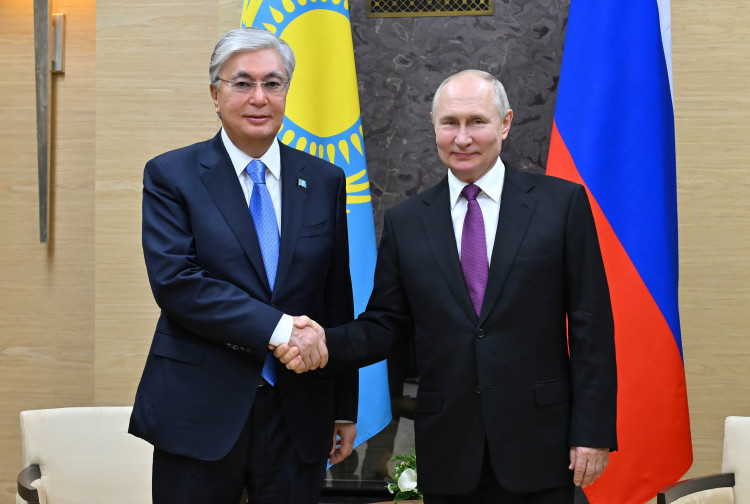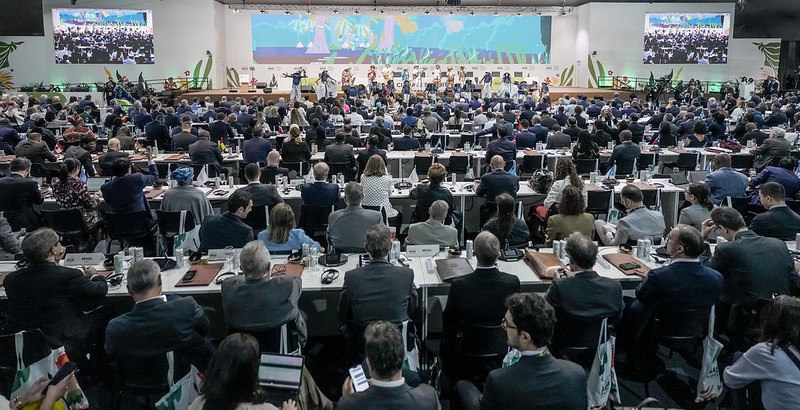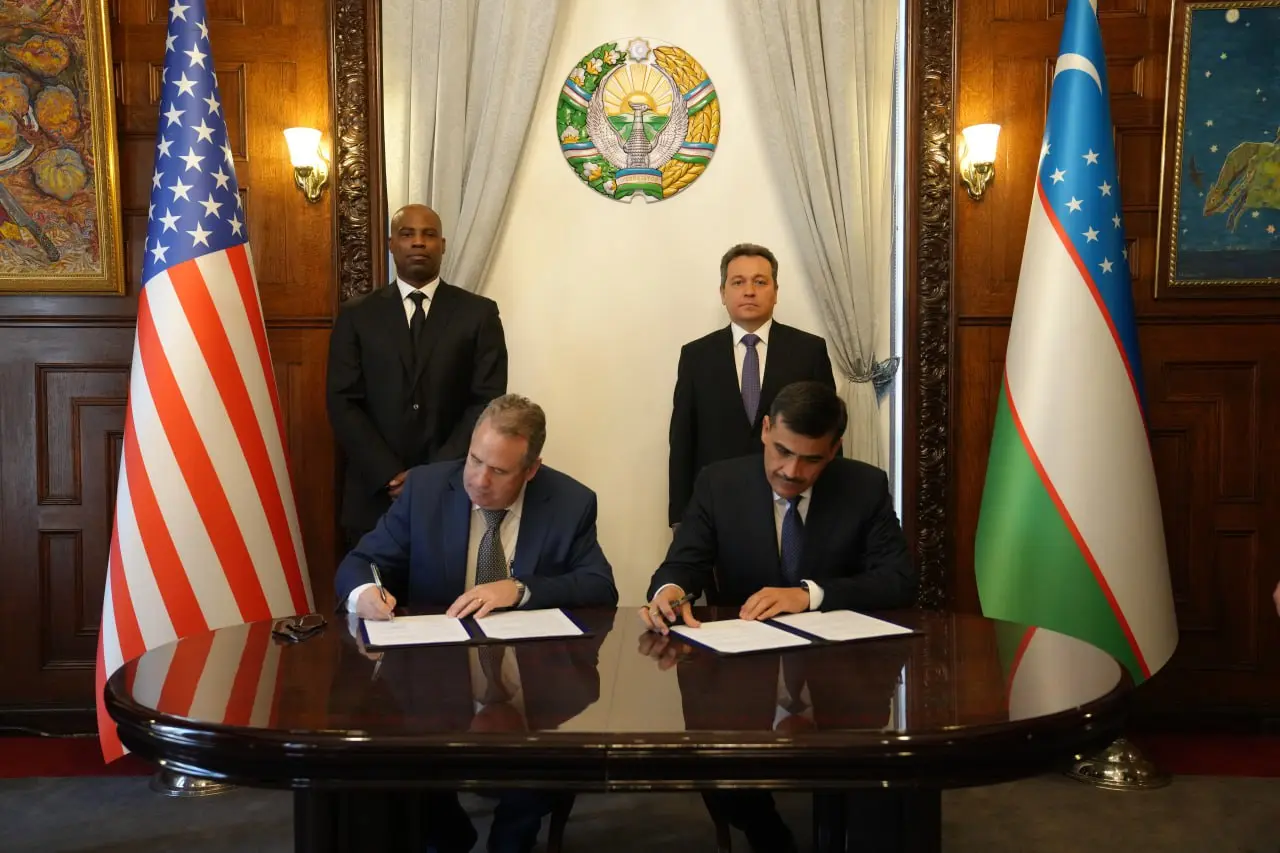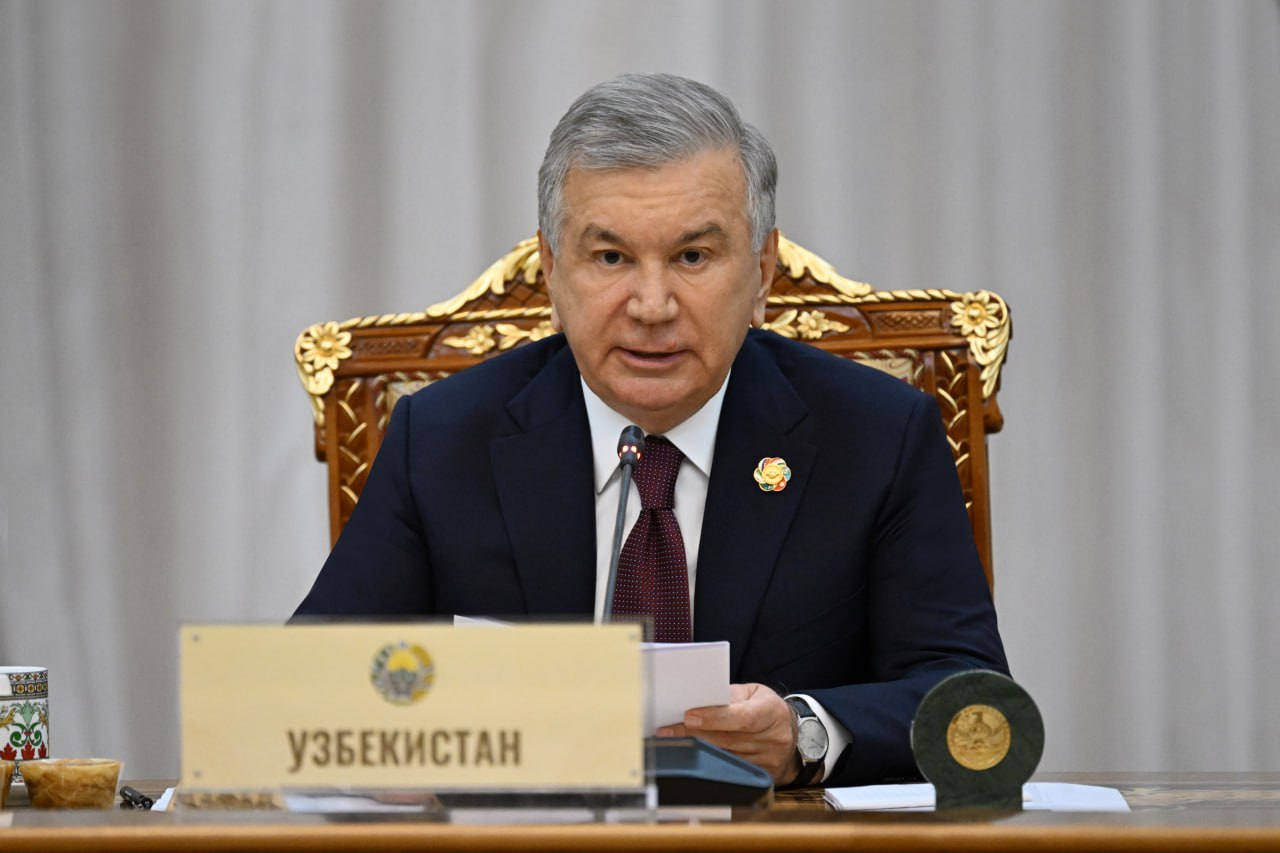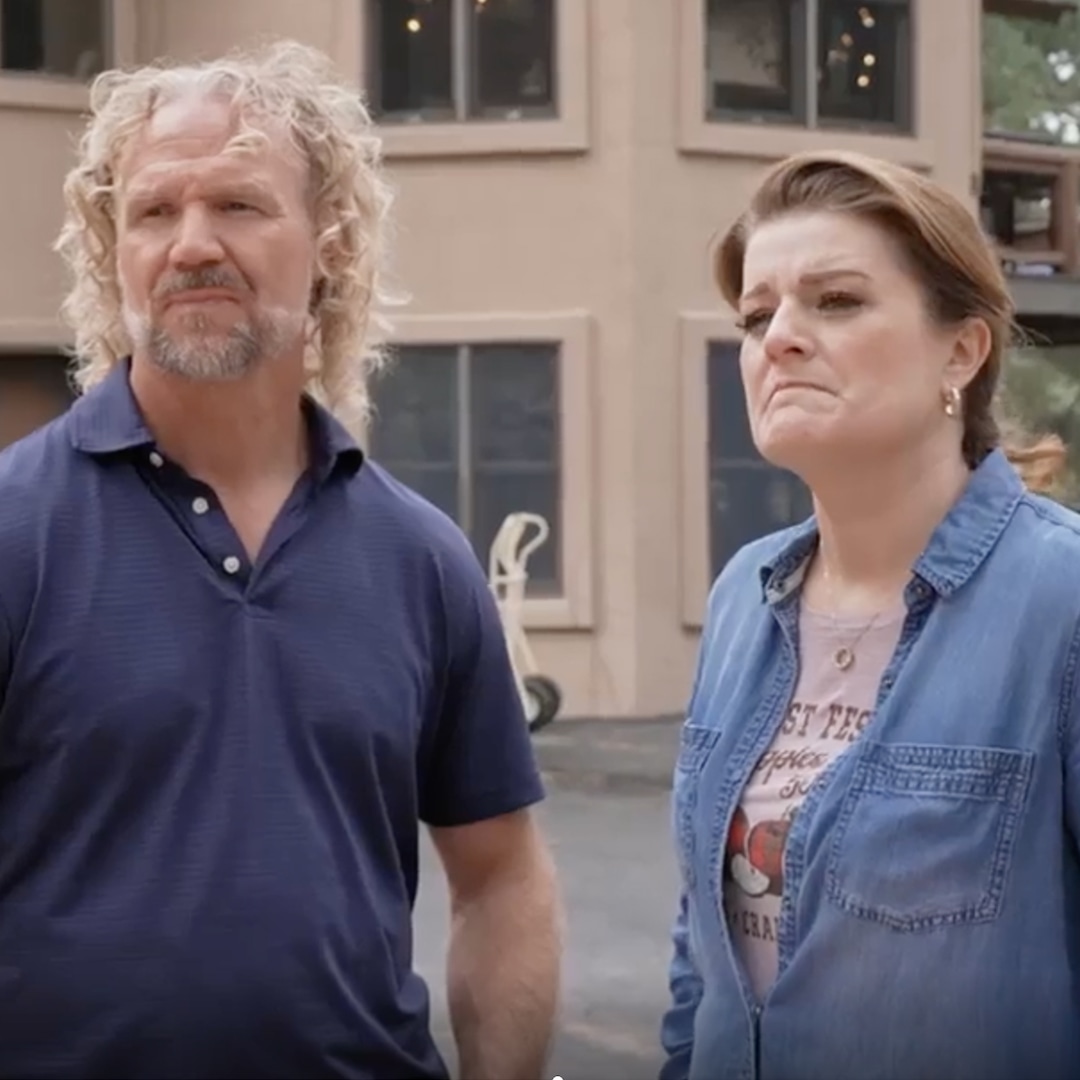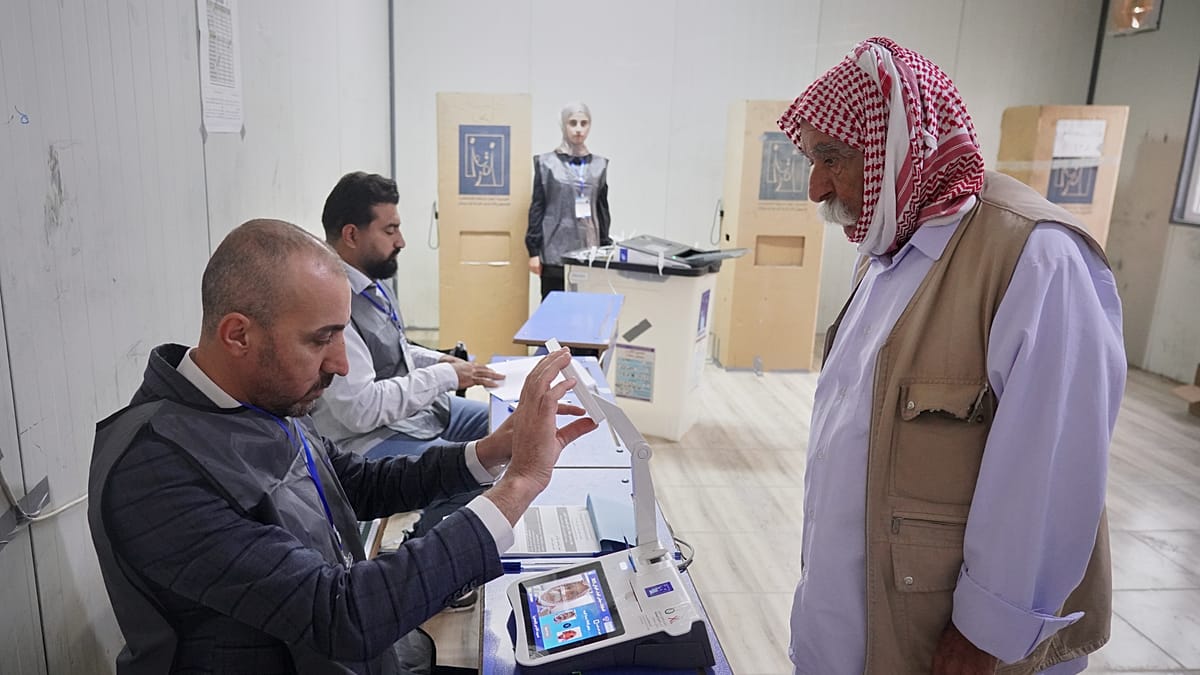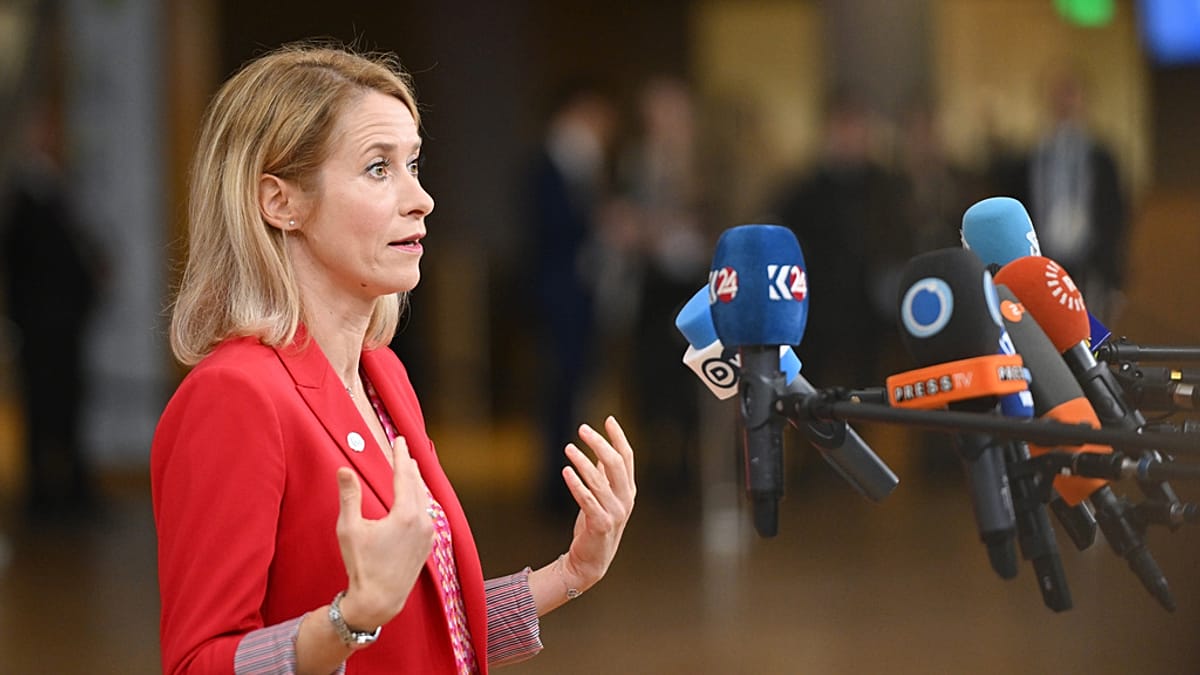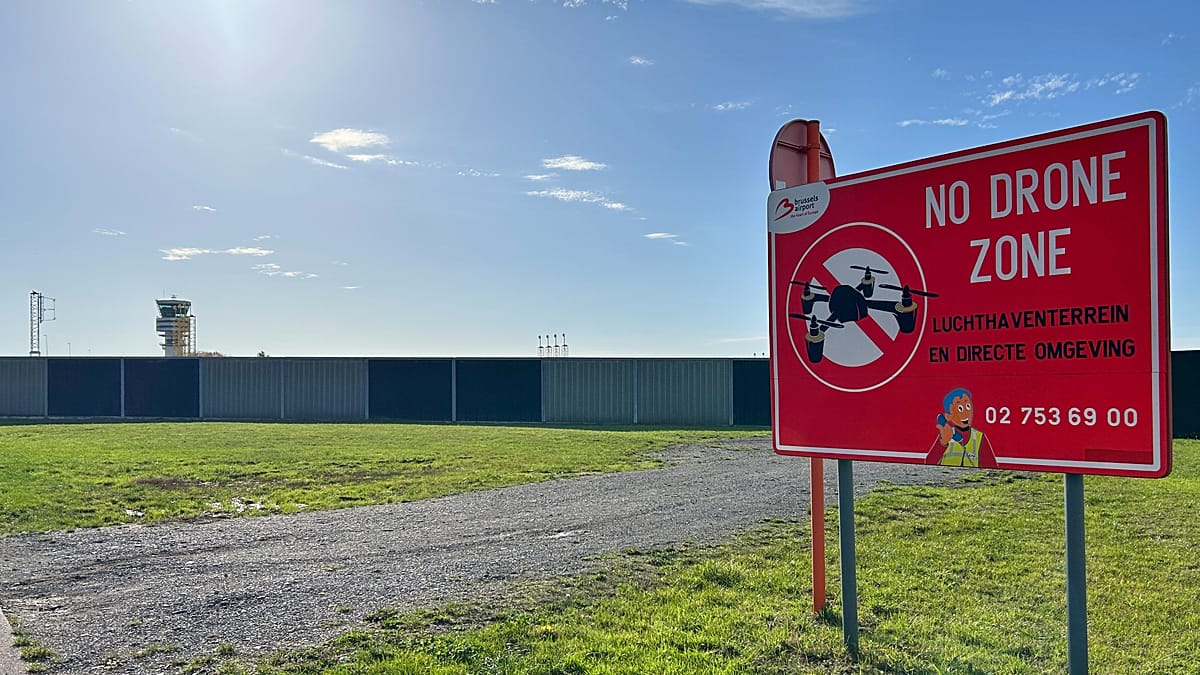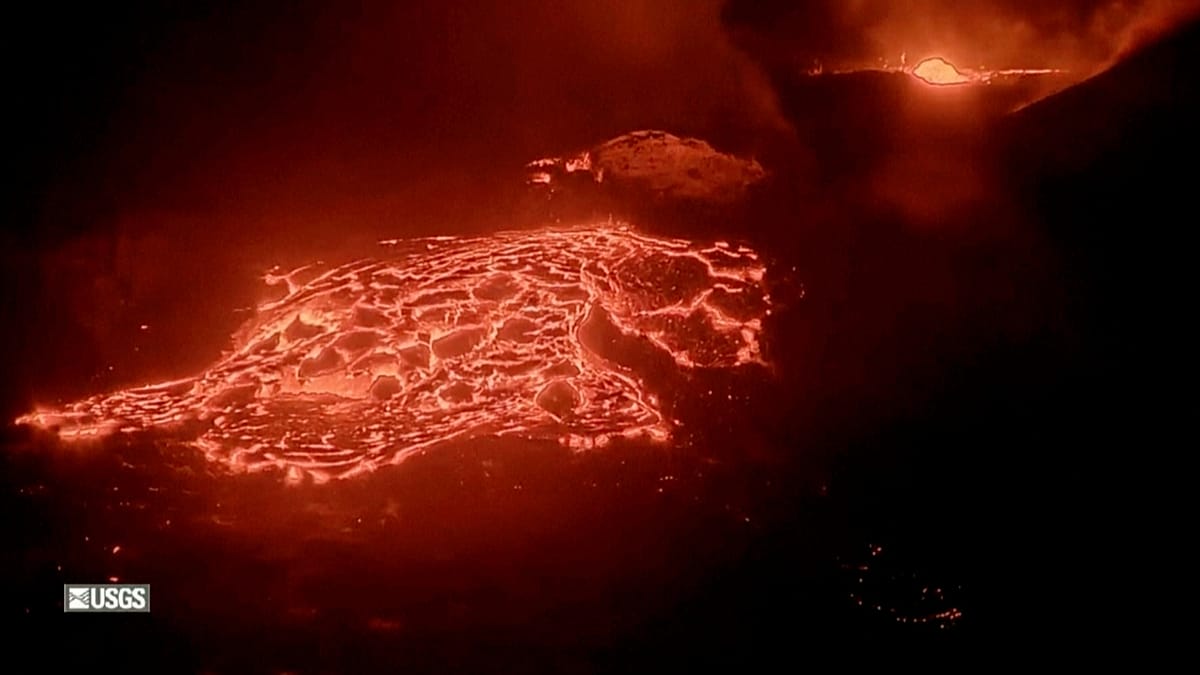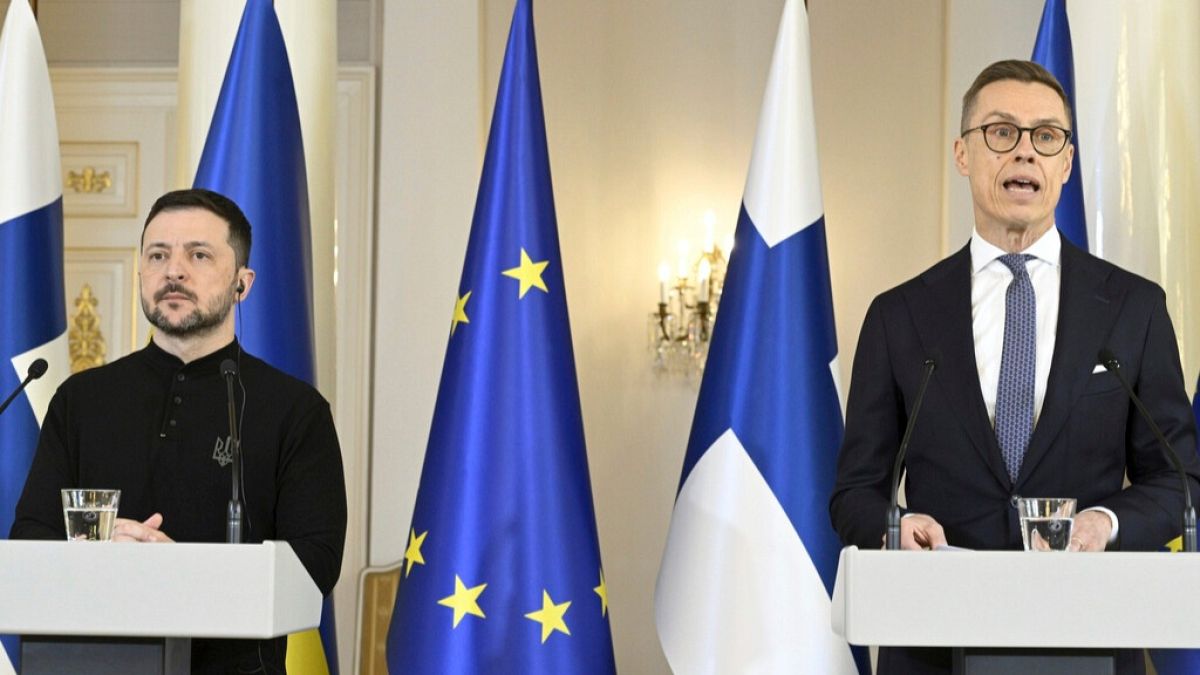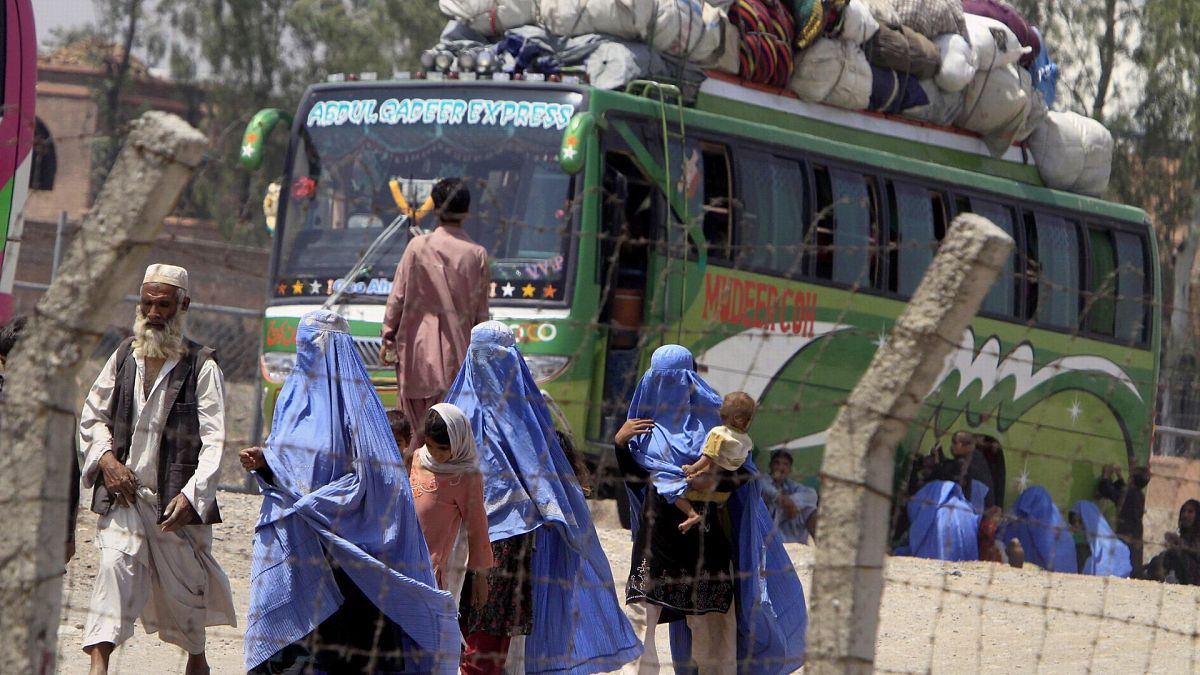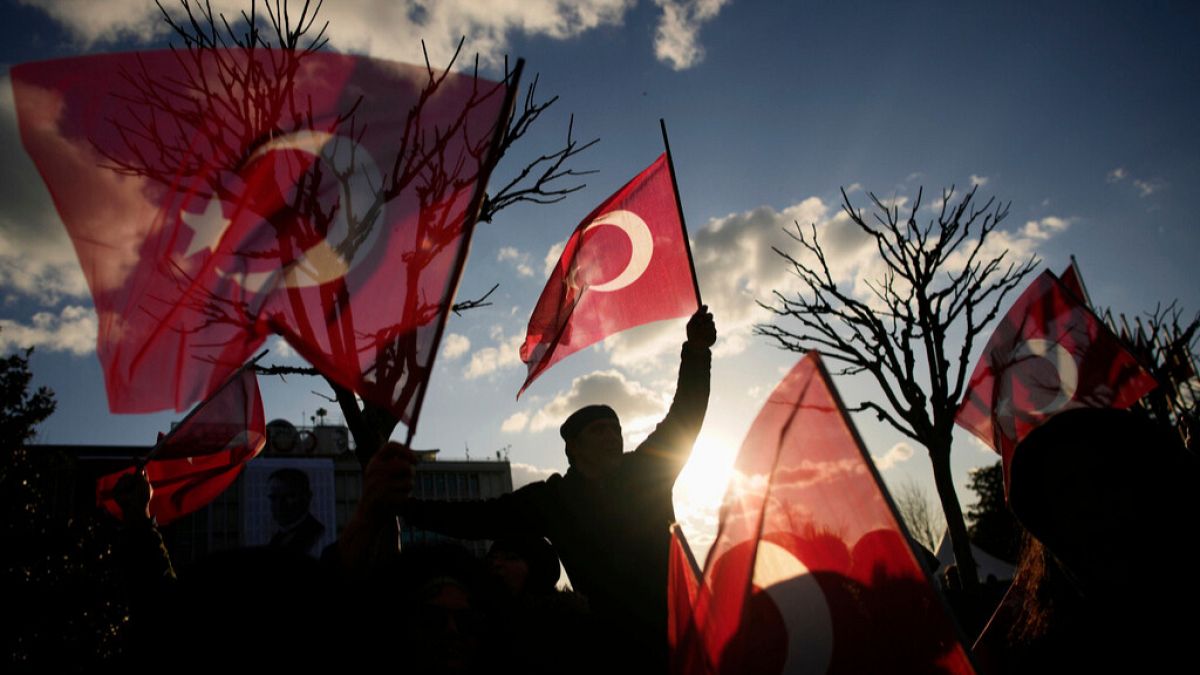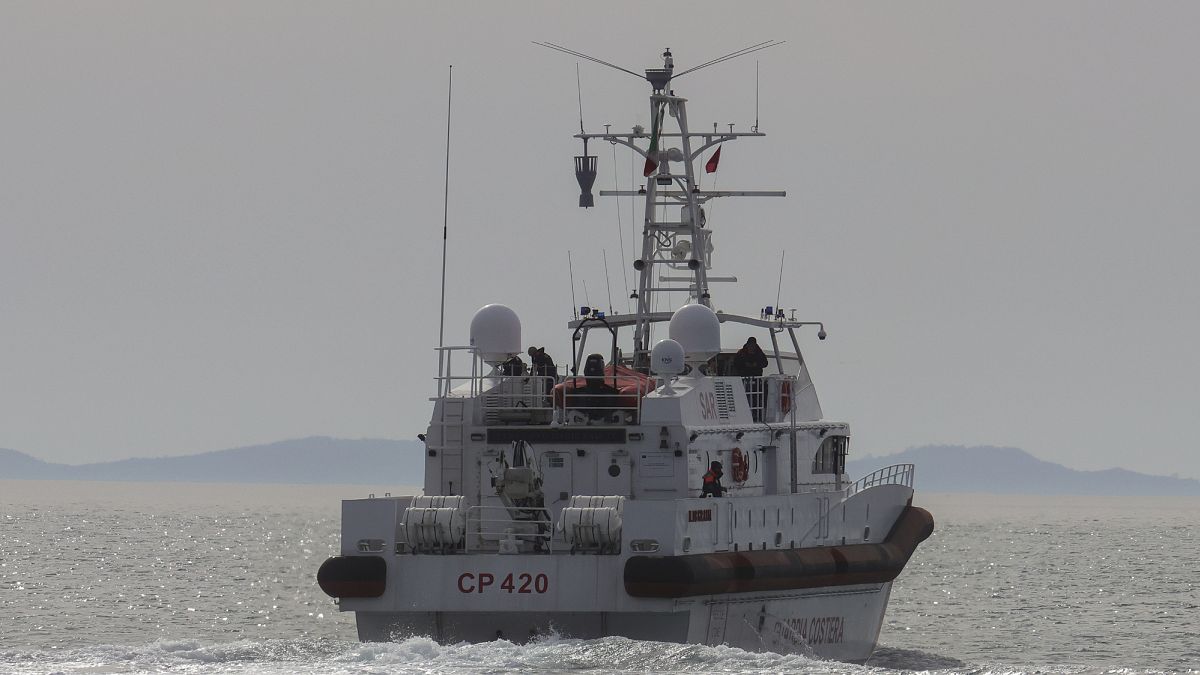Fico discussed mainly with Von der Leyen about the impact of the REPowerEU legislation on Slovakia

Brussels – The main topic of Thursday’s discussions with European Commission President Ursula von der Leyen was the REPowerEU legislative package. This was emphasized by the Prime Minister of Slovakia, Robert Fico (Smer-SD), during the ongoing EU summit in Brussels, as reported by TASR.
The Prime Minister confirmed that he met with the EC President before the European Council meeting, primarily regarding the legislative proposal that calls for a ban on the import of Russian gas to all EU member states starting January 1, 2028.
“This is a proposal that will have a negative impact on gas prices in Slovakia – whether for households or for industry, and it will certainly lead to a reduction in the competitiveness of the entire EU. Not to mention Slovakia as a country with a huge concentration of car manufacturing, where industry constitutes a significant part of the gross domestic product,” the Prime Minister explained. He pointed out that there is an explicit mention of Slovakia in the summit conclusions in this context, as the EC is well aware of what this proposal could cause in Slovakia starting January 1, 2028.
He stated that perhaps the only ones who support this “ideological and harmful” proposal from the Eurocommission are the Slovak opposition and “anti-government” media.
“I am glad that we had a constructive and pragmatic conversation with the President of the European Commission, who fully understands the impacts of this decision for countries like Slovakia and Hungary, and therefore we were able to focus on four or five key issues that are extremely important to us,” he said. He warned that the EC will likely push this proposal through, as it will be voted on by qualified majority, which will mean that gas will not flow from east to west, but Slovakia will be supplied from other sources – from the north, south, and west, after a significant increase in transit fees.
Therefore, he discussed with the EC President whether it is possible to ensure that the gas flowing to Slovakia through several countries has the same transit fee compared to what the country currently pays. They also talked about the price of gas, as there are concerns that after the cessation of supplies from Russia, the price of the commodity will increase, and it may happen that gas prices for households could rise by 30 to 50%. They also addressed the issue of compensation if more expensive gas affects Slovak households and industry. Similarly, they discussed the possibility of a lawsuit that the Russian company Gazprom could file against Slovakia, with which the country has a gas supply agreement until 2034. According to Fico, the contract is based on a “take or pay” principle, meaning that Gazprom can sue Slovakia, and the cost of this lawsuit could range from 16 to 20 billion euros.
“We asked, what if we lose such a court case, who will pay us those 16 or 20 billion euros?”
“We asked, what if we lose such a court case, who will pay us those 16 or 20 billion euros? These are questions to which the European Commission does not have an answer, so I want to appreciate the constructive approach of the President and the entire European Commission,” Fico stated.
He explained that next week a special EC mission is expected to come to Slovakia, which, according to him, should also meet with representatives of Slovak businesses and associations that protect consumer interests. Fico hinted that the EC may not even have a mandate for such legislation, as a resolution was adopted in Versailles in 2022 that spoke of gradually phasing out or reducing dependence on Russian gas, not a complete cessation of supplies.
“Our position is that we can never vote for such a legislative act (…), unless there is an agreement with the European Commission that would compensate us for all the damages that may arise,” the Prime Minister stated. He added that if the EU does not accommodate this proposal, and until this fundamental problem is resolved, the Slovak ambassador to the EU has a clear instruction to veto the adoption of the 18th EU sanctions package. (June 26)
